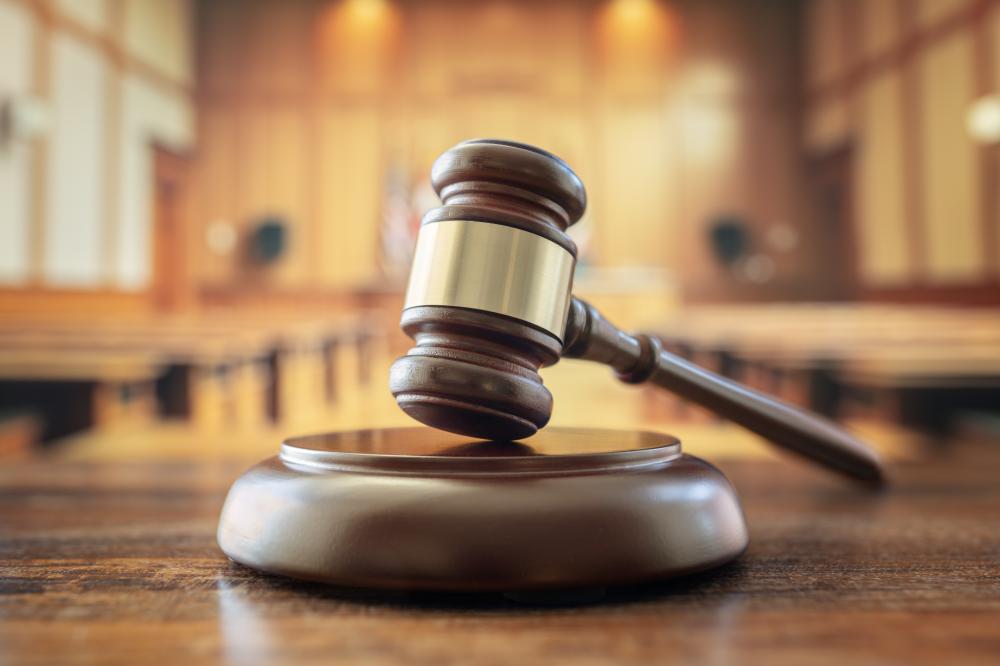Google is unwilling to publicly support a kids’ social media proposal in Pennsylvania, despite the House Children and Youth Committee announcing the company’s backing Wednesday (see 2406050055).
Utah Attorney General Sean Reyes (R) is seeking the dismissal of count VI of NetChoice’s 11-count complaint that argues Section 230 of the Communications Decency Act (see 2405060006) preempts the state’s Minor Protection in Social Media Act, a motion said Friday (docket 2:23-cv-00911) in U.S. District Court for Utah in Salt Lake City. Katherine Hass, director of Utah’s Division of Consumer Protection, joined Reyes in the motion.
The tech industry urged Vermont Gov. Phil Scott (R) to veto the state’s privacy bill. Vermont could be the first state to include a broad private right of action. That and other “outlier provisions” have led businesses to lobby Scott to kill the measure, a Wiley lawyer said Wednesday (see 2405290072). In a Thursday letter to Scott, the Computer & Communications Industry Association said it was concerned about differences between Vermont’s bill and other states’ privacy laws, such as “the inclusion of a private right of action, the definition of ‘sale’, the language included around targeted advertising, and data minimization principles.” Allowing consumers to sue businesses, “the measure would open the doors of Vermont’s courthouses to plaintiffs advancing frivolous claims with little evidence of actual injury,” CCIA wrote, adding that other states vest enforcement with their attorneys general. “We encourage you to resist signing legislation that poses significant compliance and constitutional concerns.” The legislature passed the bill (H-121) May 10 but hasn't sent it to Scott yet. Once the governor receives the bill, he will have five days to veto it or it will become law. Scott's office didn’t comment.
Apparently undaunted by tech industry opposition, Tennessee Gov. Bill Lee (R) signed a bill (HB-1891) requiring age-verification for social media use. Lee’s signature wasn’t surprising because he sought legislation requiring parental consent for kids younger than 18 on social networks (see 2403120065). However, NetChoice urged a veto, saying the law wouldn’t survive a court challenge if it were enacted (see 2404300017).
NetChoice urged Tennessee Gov. Bill Lee (R) to veto a bill requiring age-verification for social media use. In a Monday letter, the tech industry group predicted that HB-1891 “would ultimately be struck down in court as unconstitutional.” But Lee has supported the bill, which would require parental consent for kids younger than 18 on social networks. The legislature approved HB-1891 earlier this month (see 2404160019).
TikTok will challenge the newly approved “unconstitutional” law forcing ByteDance to sell the platform, it said in a statement Wednesday as President Joe Biden signed the measure.
California state and local enforcers could seek injunctive relief for digital discrimination under modification to a bill by Assemblymember Mia Bonta (D). The Assembly Judiciary Committee approved AB-2239 with the amendment at a livestreamed meeting Tuesday. The panel and the Senate Judiciary Committee also considered multiple bills on algorithms and social media.
The net neutrality draft order on the FCC's April 25 open meeting agenda (see 2404030043) will face much the same legal arguments as the 2015 net neutrality order did, with many of the same parties involved, we're told by legal experts and net neutrality watchers.
New Florida restrictions on kids' social media use can withstand First Amendment scrutiny, state government leaders stressed during a Monday news conference for Gov. Ron DeSantis (R) signing HB-3. Tech industry group NetChoice probably will sue "the day after this bill is signed," said House Speaker Paul Renner (R). "But you know what? We're going to beat them."
Tennessee Gov. Bill Lee (R) aims to avoid industry litigation that has stymied kids’ social media laws in other states, his aide told a Tennessee House committee during a hearing Tuesday on an administration-sponsored bill requiring parental consent for kids younger than 18 on social networks. But afterward, Computer & Communications Industry Association State Director Kara Boender told us her group “still [has] concerns surrounding the bill's provisions.”
